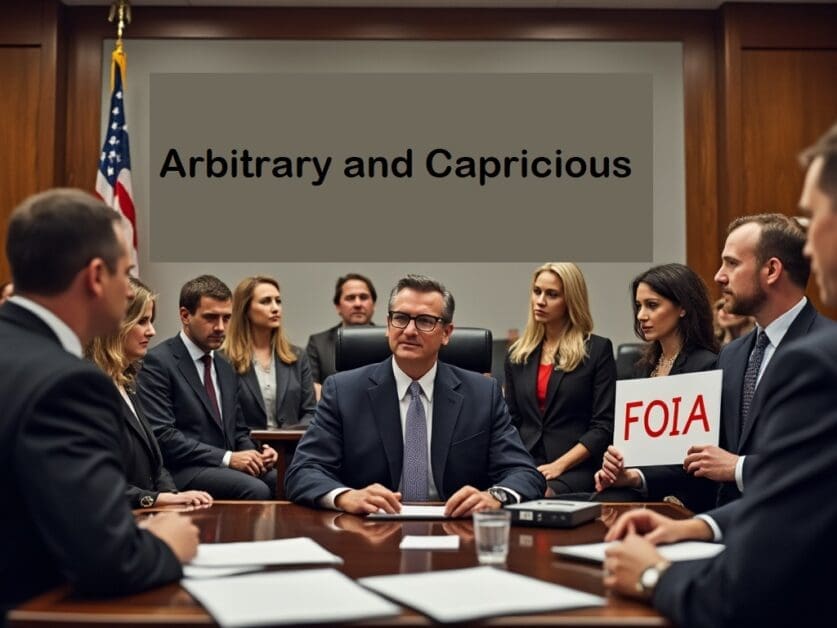What to Do After a DUI Arrest: A Constitutional and Procedural Guide
Individuals facing DUI charges frequently ask, “What immediate steps should I take after being arrested for driving under the influence?” The moments following a DUI arrest are critical for protecting your constitutional rights and building an effective defense strategy. Unlike many criminal charges, DUI cases involve complex interactions between criminal law, administrative penalties, and constitutional […]
What to Do After a DUI Arrest: A Constitutional and Procedural Guide Read More »









